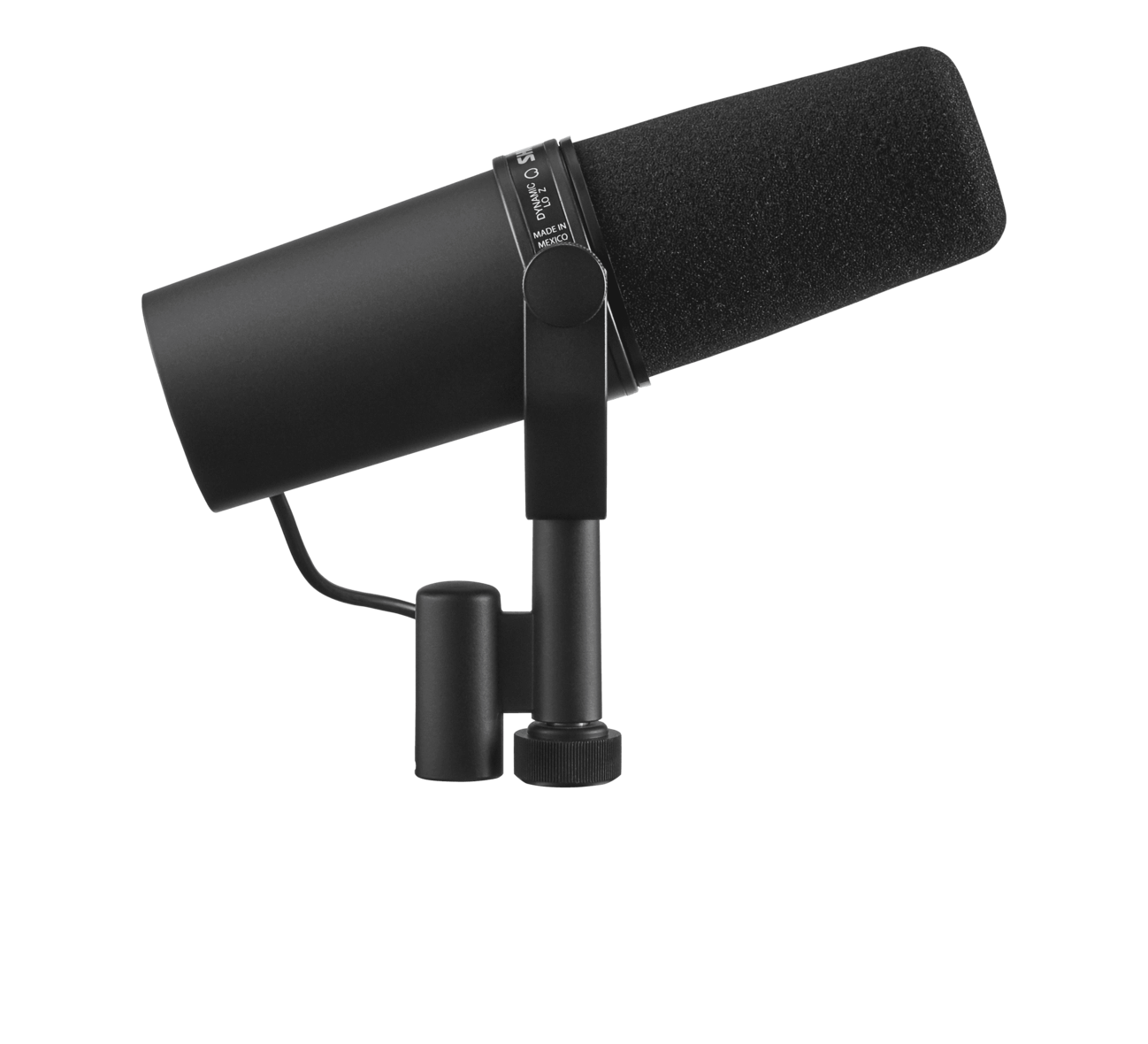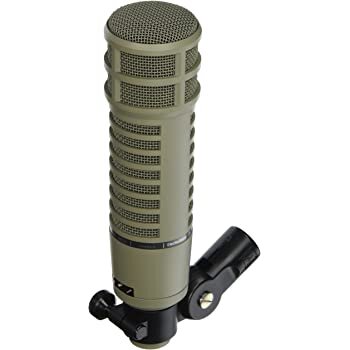With so many podcasts on the market, it can be challenging to stand out. While high-quality content is crucial, exploring new methods to increase exposure is just as important. Inviting guests to your podcast and selecting the right ones can improve your episode's entertainment while offering an outlet for potential listeners to discover your show.
Featuring guests can be beneficial in many ways. It introduces fresh perspectives, bringing expertise and insights on your podcast’s topic. One of the top benefits is the opportunity to expand your audience to include the fans of the guest you’re hosting, You might ask how you can find new guests when you’ve exhausted your network. Below we will highlight 17 ways to find podcast guests to set apart your show.
1) Use Your Personal Network
The simplest answer would be to look into your network. This can include family, friends, colleagues, social connections, and much more. You never know who in your network might offer valuable insight on your podcast topic.
It’s important to pick someone that has knowledge of your podcast topic and can provide meaningful conversation. Avoid inviting a friend who does not know your topic. Leveraging a personal connection with your guest can help create a natural flow and comfort during the discussion. However, it’s important to stay professional and focused on the topic, avoiding deterring to less relevant topics.
2) Conduct Research
Now, what can you do if no one in your personal network is an option? It’s time to use Google! This may seem weird as you don’t know these people, but you’d be surprised how willing people are to discuss a topic they are passionate about.
Be creative in your Google searches and don’t just stop at the first page of results. Search the topics you want to discuss, look at relevant articles or publications, and much more. You never know when a name attached to one of these search results will become a great fit for your show. Once you have highlighted a few names you like, it’s time to start cold calling.
3) Reach Out to Other Hosts
Naturally, there are other podcast hosts within your category. While you might see them as competitors, they might be willing to help a smaller podcast achieve similar success. Don’t discount this method, it’s worth exploring.
You can reach out to them to see if they can connect you with potential guests from their network or to simply learn more about their approach to finding the right podcast guest.
4) Podcast Production Team
If you don’t have a team that has the time or expertise to work on your podcast, make sure to leverage a B2B podcast agency. You shouldn’t be doing it all on your own. If you partner with a podcast team to help, they can utilize their professional networks, outreach marketing strategies, and time to find someone relevant to your target niche. This will streamline the entire process while allowing your B2B business to grow.
5) Join Mailing Lists
Authors who have written books related to your podcast topic might be seeking new avenues to promote their books. By subscribing to PR mailing lists for these authors, you will be notified of new releases. This is a perfect opportunity to invite an author to be a guest, allowing them to promote their book while offering exclusive insights during the episode.
6) Join Community Platforms
Whether your podcast is about business, fashion, technology, or social news, there are community platforms that exist to connect people interested in those topics. You can find groups on Facebook, Reddit, or smaller platforms that allow people to have discussions, ask questions, and more.
It’s crucial you join these communities to make connections with others and establish your presence in the community. This also provides an outlet for you to discover a podcast guest. You can cold call by making a post on the platform to ask for anyone interested. You can also reach out to frequent posters who seem knowledgeable about the topic.
7) Referrals from Past Guests
Consider reaching out to guests you have hosted in the past, as they likely know others who can offer insights on your podcast topic. This approach is especially effective because they can provide a personal introduction and vouch for you, sharing their positive experience on your show. A referral from a previous guest can go a long way and makes it much more likely for this person to agree to be a guest.
8) Ask Your Listeners
This might seem obvious but ask your listeners. Your listeners can tell you exactly who they want to hear from. This shows your listeners that you care and this will give them a reason to stay loyal to your show all while boosting engagement.
9) Podcast Matchmaking Service
There are many podcast matchmaking services whose sole purpose is to match guests with podcasts. They benefit from an extensive network of potential podcast guests. The downside is that it may take time to find a guest that will be best suited for your show.
10) Social Media Search
Social media is one of the best tools for discovering new people outside your current network. Explore platforms like YouTube, Twitter, TikTok, and Instagram to find potential guests. Social media provides insight into who these individuals are, their following, the content they create, and more. It also allows you to assess the individual's speaking skills, personality, and ultimately fit for your show.
11) Linkedin
LinkedIn is a platform where people promote themselves and their work. You can see exactly what type of experience each person has. Utilize your personal network on LinkedIn by making a post about your search for a podcast guest. You can also use it to search for individuals working at companies related to your podcast. LinkedIn is a platform for networking so it’s an obvious outlet to make new connections that may serve as podcast guests.
12) Pay Attention to Traditional Media
With the rise of social media, it’s easy to overlook traditional outlets. In the past, people relied on books, newspapers, ads, TV, and similar media. Don’t forget to keep an eye on these sources. You never know when you might discover someone who would be a great fit for your show.
13) Attend Events
Events are happening all around so it’s important you attend these to make a name for yourself. While at these events, there’s potential to make many connections within the industry.
If you host an entrepreneurship podcast, you should consider attending a business conference or a small business convention. Make the most of these events, network, meet new people and stay connected. These are people you can utilize as podcast guests.
14) Professional Associations
Depending on your podcast topic, there may be a professional association related to it. If one exists, reach out as they have a large network of members you can tap into. For instance, if your podcast is focused on the housing market, you could reach out to the Ontario Real Estate Association (OREA).
15) Research Academic Articles
If your podcast is related to a more sophisticated topic, there are likely academic articles, presentations, or lectures on this topic. As we have mentioned, do your research. While doing research, specifically look for academic articles on platforms such as Google Scholar. This will expose you to individuals who are highly educated on your podcast topic. They could be a great guest that can offer unique insights.
16) Consider Related Businesses
Consider businesses that exist in your field. If your podcast focuses on the beauty industry, look into cosmetic companies. Make note of key individuals within these companies who might be a good fit for your show. Then, LinkedIn will come in handy for researching the individual and reaching out to them.
17) Always Be on The Look Out
One final tip is to always be looking. You never know when you will come across someone who could be a guest on your show. It might be in the most random situation. You could be on social media, talking to a friend, looking at an ad, or anything else. Always be attentive and write down names that could make good guests.
Conclusion
Not every podcast needs to have guests but there is a reason why an interview-style podcast is so popular. They make for engaging content and bring new perspectives. The search for the right guest will take time so don’t rush into it. As you use the tips we have provided to find your first podcast guest, you might just be opening up another outlet for more guests to come.
Written By Kaitlin Duong
-
Jony Studios is a content marketing agency specializing in B2B podcasting and audiobook services. They have worked with many clients, from startups to larger organizations such as Penguin Random House, Amazon, University of Waterloo, Freakonomics Radio, and many others.

















